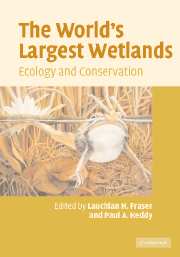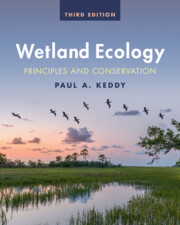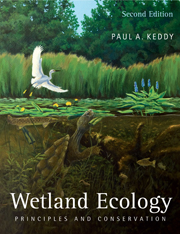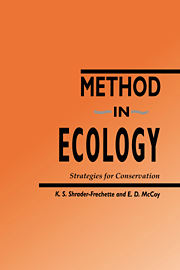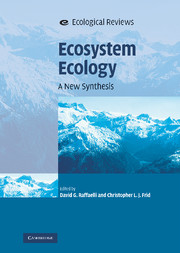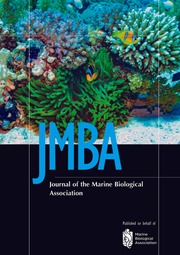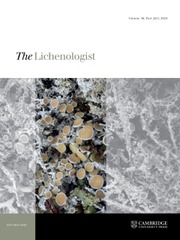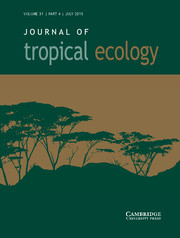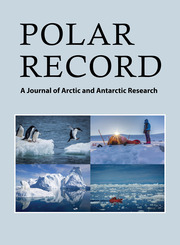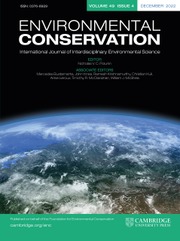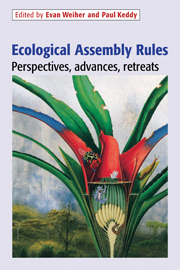The World's Largest Wetlands
Ecology and Conservation
£53.99
- Editors:
- Lauchlan H. Fraser, University of Akron, Ohio
- Paul A. Keddy, Southeastern Louisiana University
- Date Published: May 2009
- availability: Available
- format: Paperback
- isbn: 9780521111362
£
53.99
Paperback
Other available formats:
Hardback, eBook
Looking for an inspection copy?
This title is not currently available on inspection
-
During the past century approximately fifty percent of the world's wetlands have been destroyed, largely due to human activities. Increased human population has lead to shrinkage of wetland areas, and data show that as they shrink, their important functions decline. Reduced wetland area causes more flooding in Spring, less available water during drought, greater risk of water pollution, and less food production and reduced carbon storage. Much of the remaining pristine wetland systems are found in the world's largest wetlands, and yet these areas have received surprisingly little scientific research or attention. This volume presents the views of leading experts on each of the world's largest wetland systems. Here, this international team of authors share their understanding of the ecological dynamics of large wetlands and their significance, and emphasise their need of conservation.
Read more- Comprehensively covers all the world's large wetlands
- Written by an international team of leading experts (Paul Keddy won 2007 National Wetlands Award for Research)
- Contains the first English-language description of the West Siberian Lowland, the world's largest wetland system
Reviews & endorsements
'This material should be mainstream reading for ecology and biogeography modules; specialists and generalists will find it illuminating. Well done the editors and contributors!' Biologist
Customer reviews
Not yet reviewed
Be the first to review
Review was not posted due to profanity
×Product details
- Date Published: May 2009
- format: Paperback
- isbn: 9780521111362
- length: 500 pages
- dimensions: 229 x 152 x 26 mm
- weight: 0.73kg
- contains: 102 b/w illus.
- availability: Available
Table of Contents
1. Introduction: big is beautiful P. A. Keddy and L. H. Fraser
2. The West Siberian lowland peatland ecosystems: importance for biodiversity protection and carbon accumulation A. I. Solomeshch
3. Amazonian wetlands Wolfgang J. Junk and Maria Teresa Fernandez Piedade
4. The Hudson Bay lowland: a unique wetland legacy Kenneth F. Abraham
5. The Pantanal Cleber J. R. Alho
6. The Mackenzie River Basin wetland complex Dale H. Vitt, Linda A. Halsey and Barbara J. Nicholson
7. Swamps of the Cuvette Centrale Congolaise Daniel Campbell
8. Characterisation, degradation, and restoration of the wetlands of the Mississippi River Alluvial Plain Gary P. Shaffer, James G. Gosselink, and Susanne S. Hoeppner
9. River Nile wetlands: an ecological perspective Irina Springuel and Osman Ali
10. African wetlands in a semi arid climate: the Chad basin as an example Jacques Lemoalle
11. Peat accumulating wetlands of southern South America: extent, biodiversity, conservation, threats and opportunities Mary T. Kalin Arroyo, Maritza Mihoj, Patricio Pliscoff, and Manuel Arroyo-Kalin
12. Prairie potholes of North America Arnold G. van der Valk
13. The future of large wetland systems: a global perspective Lauchlan H. Fraser and Paul Keddy.
Sorry, this resource is locked
Please register or sign in to request access. If you are having problems accessing these resources please email [email protected]
Register Sign in» Proceed
You are now leaving the Cambridge University Press website. Your eBook purchase and download will be completed by our partner www.ebooks.com. Please see the permission section of the www.ebooks.com catalogue page for details of the print & copy limits on our eBooks.
Continue ×Are you sure you want to delete your account?
This cannot be undone.
Thank you for your feedback which will help us improve our service.
If you requested a response, we will make sure to get back to you shortly.
×
